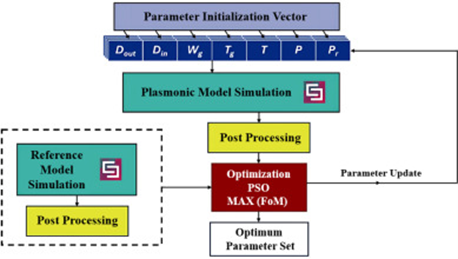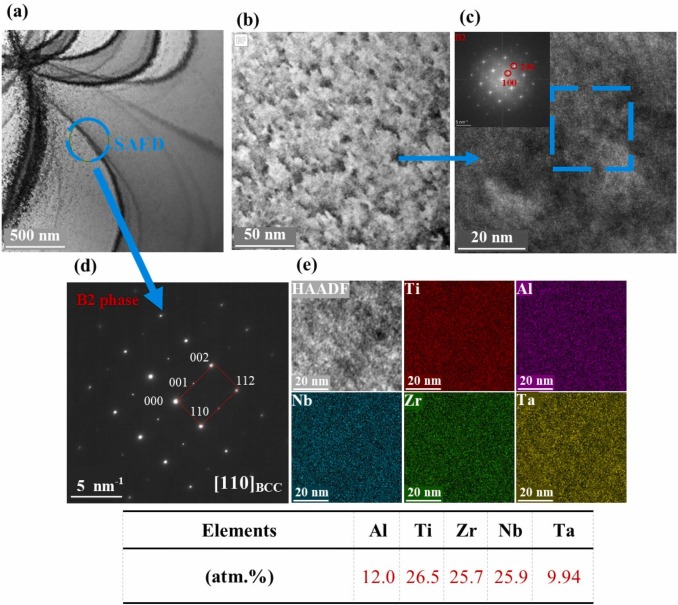
Assessing leanness level with demand dynamics in a multi-stage production system
Purpose - The purpose of this paper is to present a dynamic model to measure the degree of system's leanness under dynamic demand conditions using a novel integrated metric. Design/methodology/approach - The multi-stage production system model is based on a system dynamics approach. The leanness level is measured using a new developed integrated metric that combines efficiency,WIP performance as well as service level. The analysis includes design of experiment technique at the initial analysis to examine the most significant parameters impacting the leanness score and then followed by examining different dynamic demand scenarios. Two scenarios were examined: one focussed low demand variation with various means (testing the impact of demand volumes) while the second focussed on high demand variation with constantmeans (testing the impact of demand variability). Findings - Results using the data from a real case study indicated that given the model parameters, demand rate has the highest impact on leanness score dynamics. The next phase of the analysis thus focussed on investigating the effect of demand dynamics on the leanness score. The analysis highlighted the different effects of demand variability and volumes on the leanness score and its different components leading to various demand and production management recommendations in this dynamic environment. Research limitations/implications - The presented lean management policies and recommendations are verified within the scope of similar systems to the considered company in terms of manufacturing settings and demand environment. Further research will be carried to extend the dynamic model to other dynamic manufacturing and service settings. Practical implications - The developed metric can be used not only to assess the leanness level of the systems which is very critical to lean practitioners but also can be used to track lean implementation progress. In addition, the presented analysis outlined various demand management as well as lean implementation policies that can improve the system leanness level and overall performance. Originality/value - The presented research develops a novel integrated metric and adds to the few literature on dynamic analysis of lean systems. Furthermore, the conducted analysis revealed some new aspects in understanding the relation between demand (variability and volume) and the leanness level of the systems. This will aid lean practitioners to set better demand and production management policies in today's dynamic environment as well as take better decisions concerning lean technology investments. © Emerald Group Publishing Limited.



